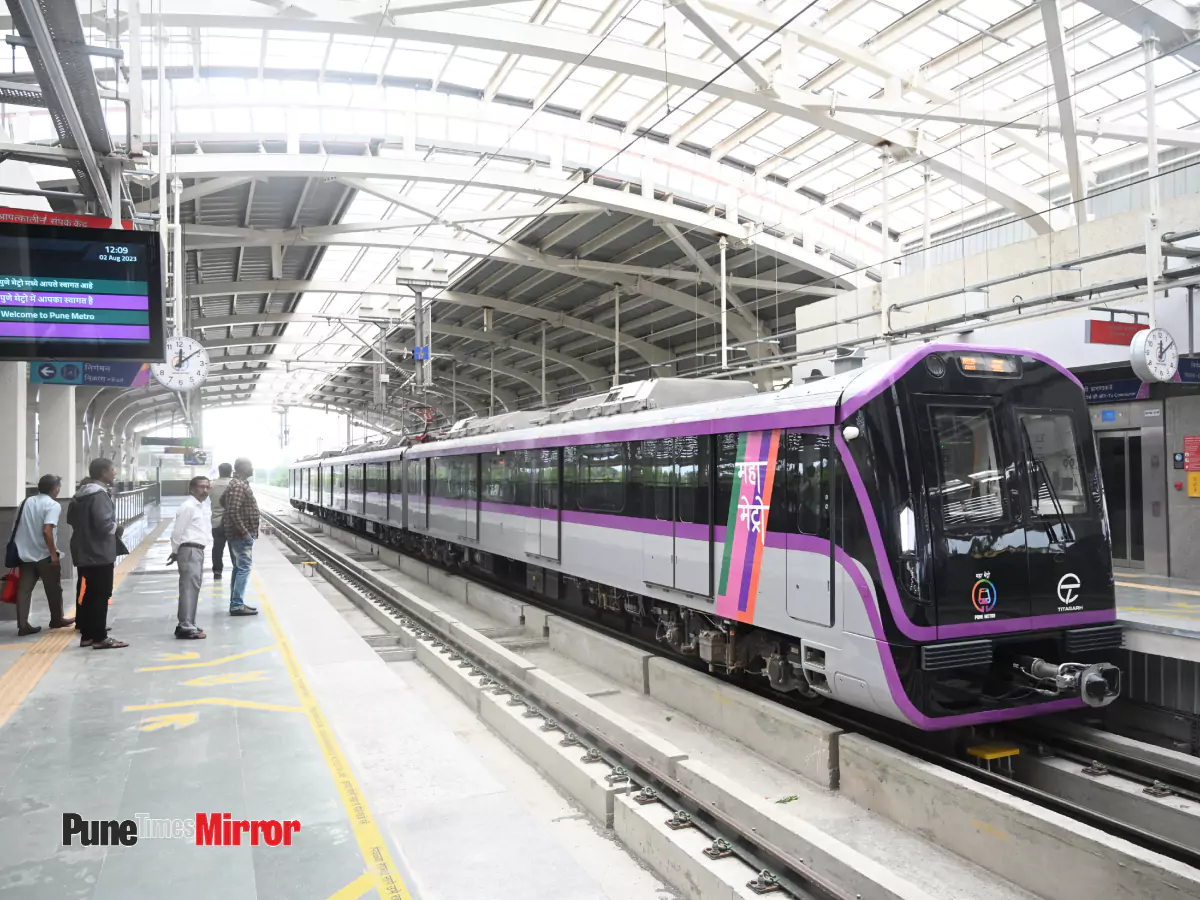Pune’s urban landscape is on the cusp of a transformative leap in public transportation, with significant progress announced for the expansion of its Metro network.
Murlidhar Mohol, Minister of State for Civil Aviation and Pune MP, recently held a pivotal meeting with Union Urban Development Minister Manohar Lal Khattar in New Delhi, confirming that the Union Cabinet has already greenlit new phases of the metro line, while additional proposals await final approvals. This ambitious expansion underscores a crucial commitment to enhancing urban mobility, easing congestion, and steering Pune towards becoming a more zero-net carbon, eco-friendly, sustainable, gender-neutral, and equitable city, capable of supporting its rapid growth.
Mohol articulated the urgency of these developments following his meeting, stating, “In view of Pune’s rapid urban growth and rising commuter demand, I met Manohar Lal Khattar ji to discuss accelerating the expansion of Pune Metro. We had positive discussions on key projects, and I am hopeful that Cabinet-level clearances will follow soon.” This sentiment reflects the critical need for a robust public transport system to manage the burgeoning population and economic activity in Pune. The current operational metro lines are reportedly running at full capacity, underscoring the immediate imperative for these planned extensions to effectively serve the city’s increasing public transport demands.
A significant outcome of these discussions is the Union Cabinet’s approval of two crucial metro corridors: Vanaj to Chandni Chowk and Ramwadi to Wagholi. These corridors are poised to substantially extend the city’s existing metro reach, connecting key residential and commercial hubs. Mohol confirmed that Maha Metro has meticulously prepared the Detailed Project Reports (DPRs) for these lines, which have not only secured approval from the Maharashtra state government but also received a vital nod from the Public Investment Board (PIB) on March 11, 2025. The final clearance from the Union Cabinet is now the awaited next step, a critical milestone for the rapid progression of these projects.
Beyond the already approved corridors, discussions during the high-level meeting also encompassed two other proposed metro lines, indicating a long-term strategic vision for Pune’s public transport infrastructure. These include the Kharadi–Hadapsar–Swargate–Khadakwasla corridor and the Nal Stop–Warje–Manik Bagh route. Both these projects have successfully obtained approval from the Maharashtra government and are presently undergoing rigorous review by the Inter-Ministerial Committee and the PIB. Mohol conveyed Khattar’s positive reception to these proposals, expressing optimism for swift movement towards Union Cabinet approval once the PIB clearances are secured. This comprehensive approach to expansion is fundamental to creating an integrated transport system that serves all parts of the city efficiently.
The commitment from both the Central and State governments is unwavering, as emphasised by Mohol. He stated that the Modi government and the Maharashtra state government, under the leadership of Chief Minister Devendra Fadnavis, are dedicated to transforming Pune’s public transport landscape. “Our aim is to roll out the new metro routes quickly and ensure faster connectivity across all parts of the city. The meeting today was an important step in that direction,” Mohol affirmed. As Pune continues its rapid urban expansion, these proposed metro extensions are not merely about adding more lines; they are seen as crucial interventions to alleviate chronic road congestion, improve overall urban mobility, and pave the way for a more sustainable and accessible future. By prioritising metro expansion, Pune is setting a precedent for smart urban planning that fosters a greener, more efficient, and inclusive environment for its growing populace.
Also Read: Kolkata Metro Fines Passengers For Platform Safety From June 1


